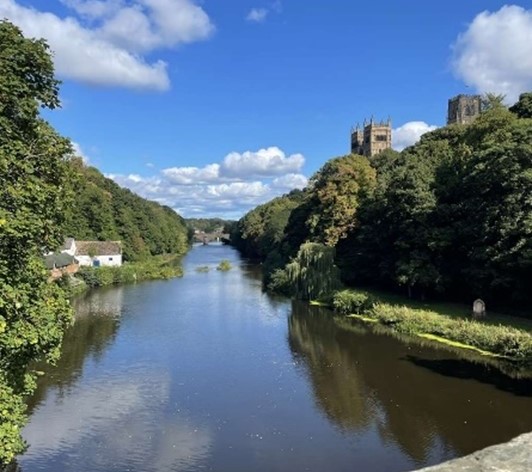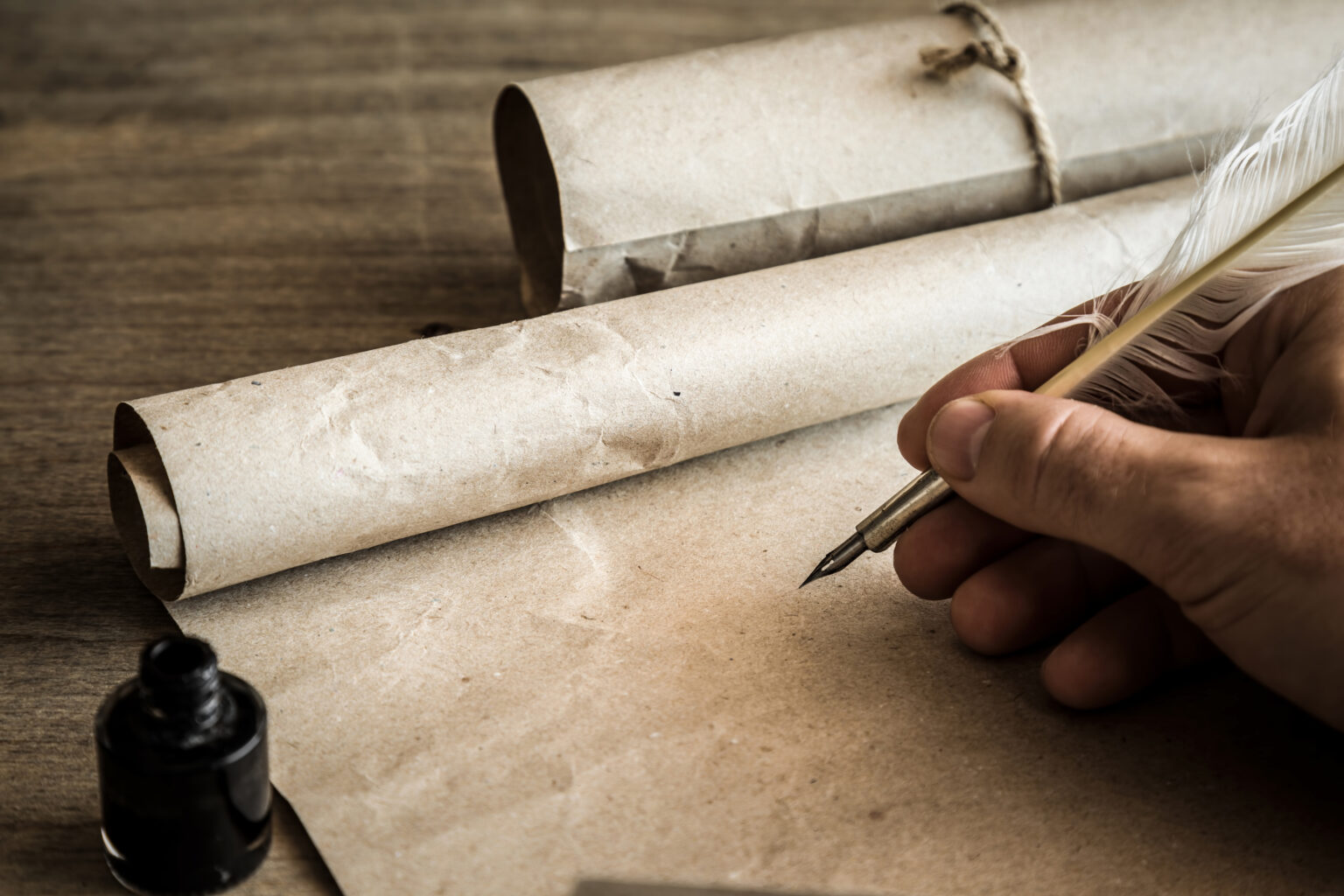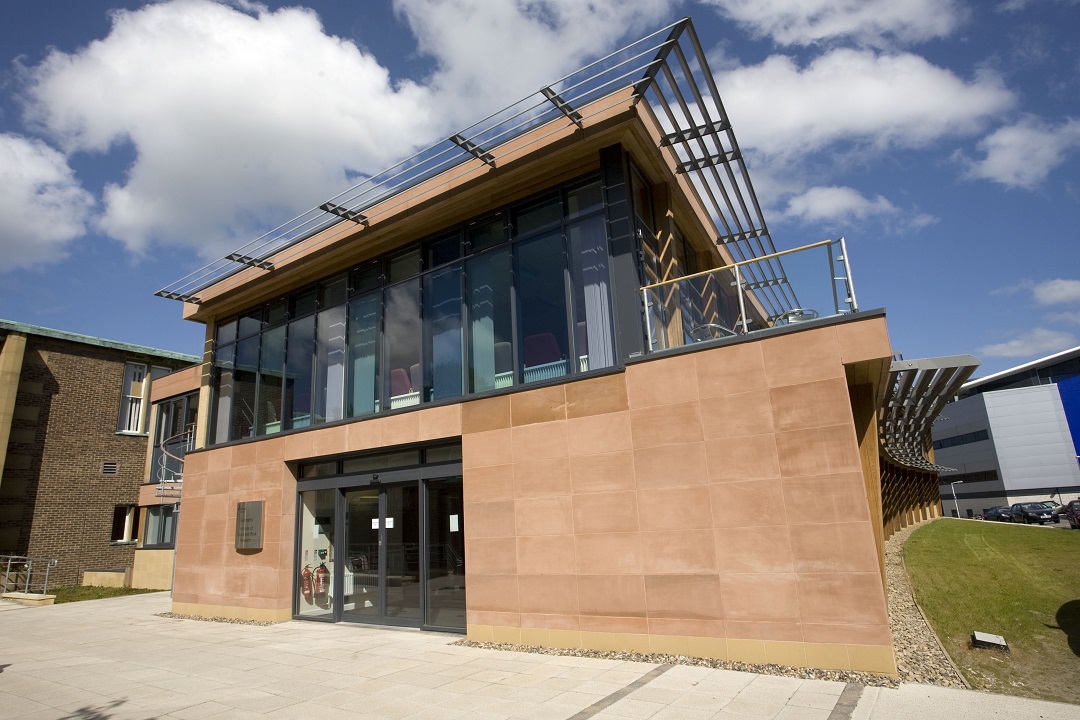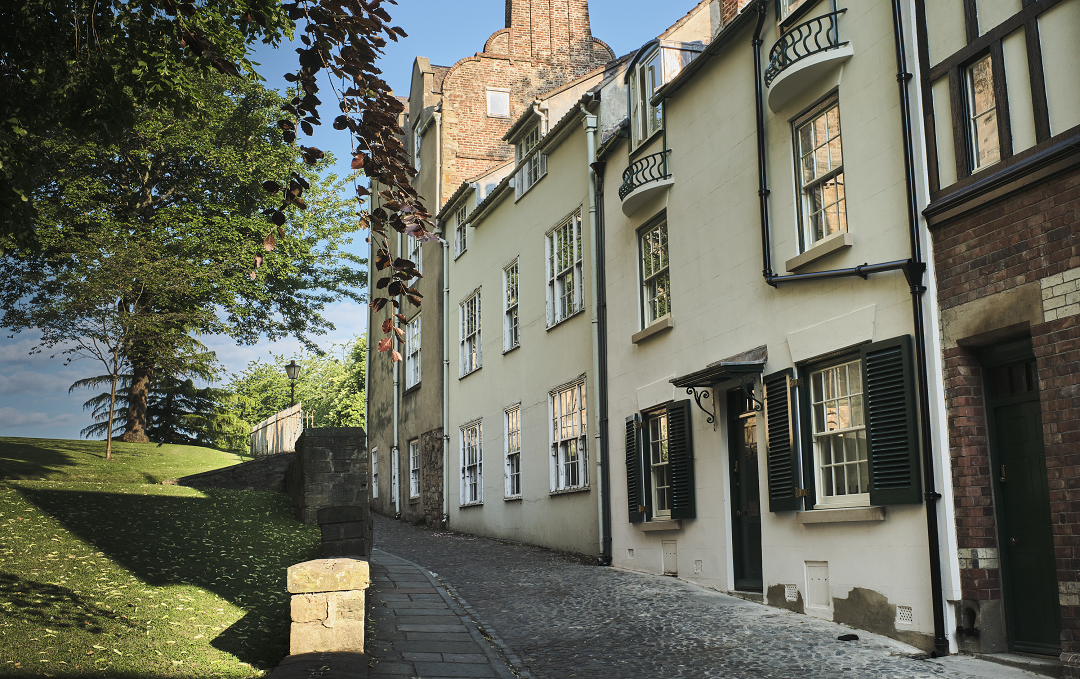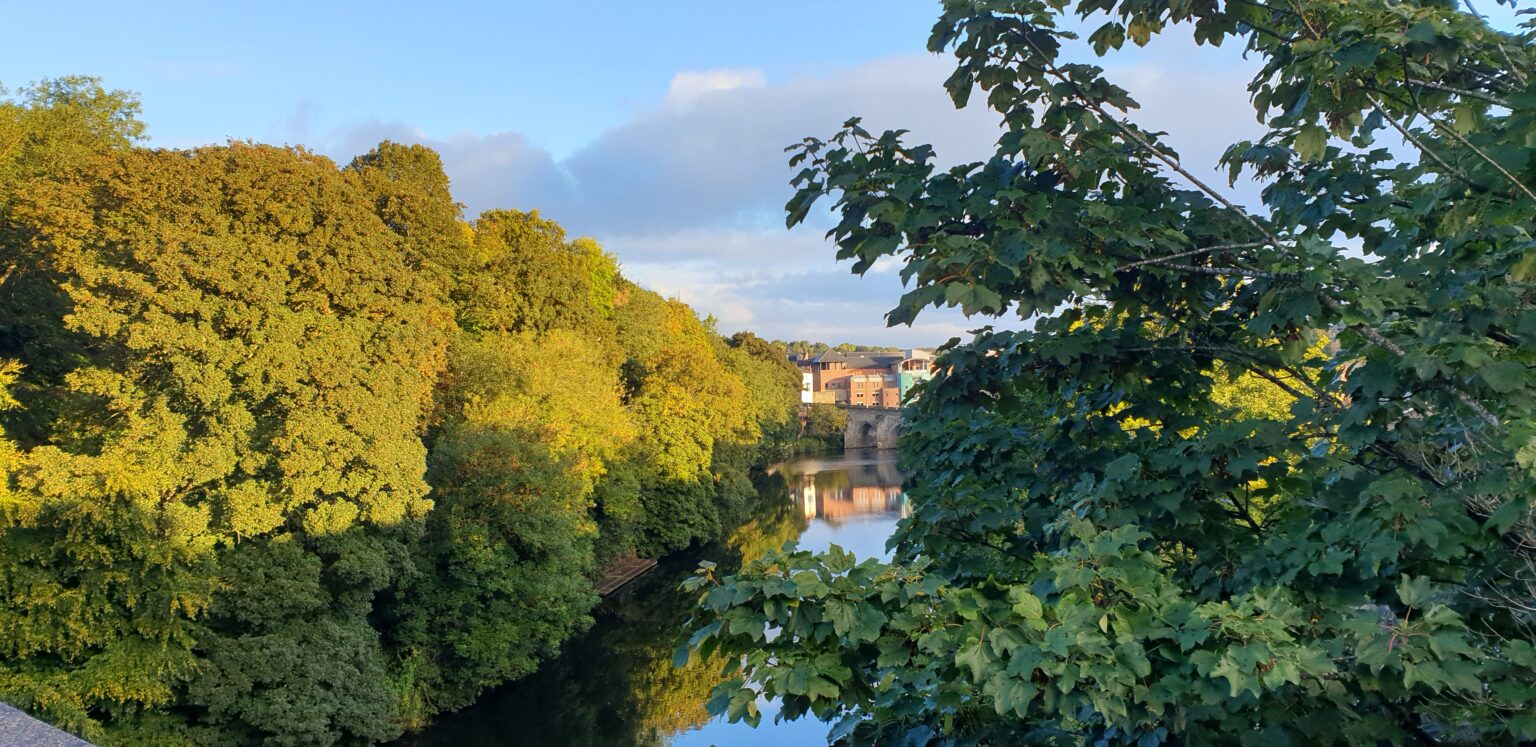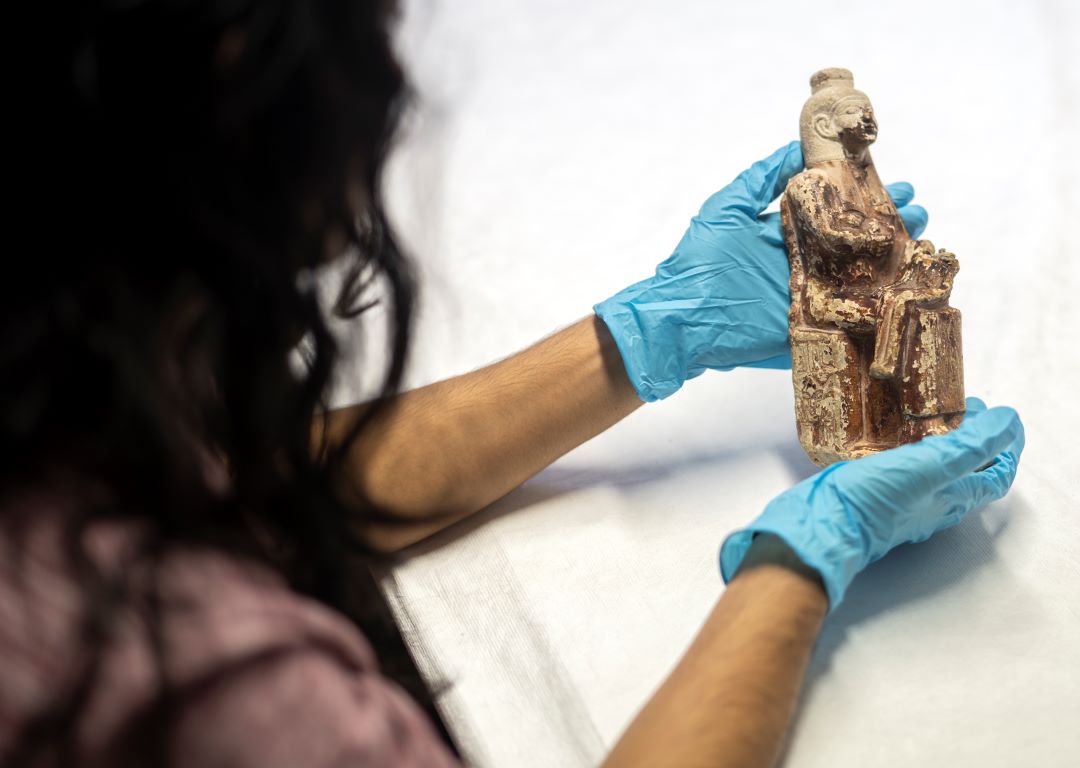Hi! I’m Louis a final year MSci Natural Sciences (Physics and Chemistry) student. This year is a lot less busy in terms of contact hours than my previous three years here, but I have a lot more independent work and so have to put a lot more effort into structuring my time!
Heat, x-rays and crystals
Half of my marks this year are based on my final year physics project. I loved lab work in my first 3 years, so I chose a very lab heavy project (from a list of around 200 options!). A large part of this involves making crystalline materials via solid state synthesis methods: I (carefully and thoughtfully!) grab some powders, grind them together and put them in a furnace which usually heats them to around 1300 oC. I then grind them up again and put them in an X-ray diffractometer, a machine that basically bombards the crystals with X-rays and helps determine the structure of the materials I’ve made. Grinding powders together isn’t the most glamourous lab work I’ve ever done, but it is a very good arm workout! Its also really exciting to make something new that no one has ever made before! I have weekly meetings with my project supervisor to discuss how the project is going and get help with any problems I’m facing in the lab or with analysing my data. I also have fortnightly group meetings with the rest of the final year project students and postgraduate students who also have the same supervisor, and this is a chance to show results, discuss papers and practice presentations.
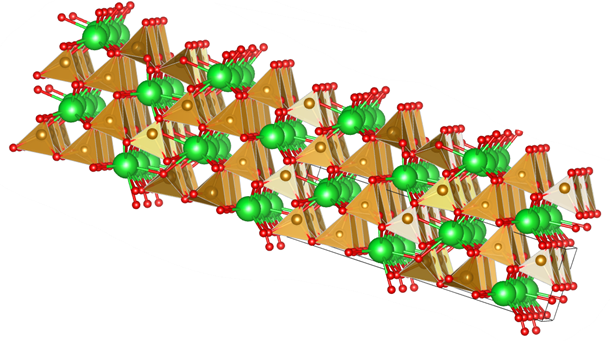
Outside the lab
The rest of my time is spent studying other modules, with a very similar layout to previous years. Typically physics modules have 2-3 lectures per module per week, a weekly workshop session and a weekly problem sheet. This gives loads of opportunities to ask questions and solve problems – a great way to make sure you understand what you are being taught. This year all of my contact hours are between 9am-2pm, leaving my afternoons fairly free to consolidate my lecture notes, do coursework or problems sheets or go for a run (depending on the weather!).
From batteries to bridges…
Over the last two years I have been lucky enough to have two fantastic internship opportunities. The first in the summer of 2022 was with the Faraday Institution at Imperial College London, looking at lithium-ion battery degradation. I got to publish a poster on the Faraday Institution website and get my first taste of academic research, while getting a chance to experience living in London. This summer I did an internship with the Earth Sciences department here in Durham, using Geophysical methods to assess water infiltration on Prebends Bridge – a very pretty 18th century bridge just outside of the city centre. I submitted a report to Historic England summarising the results and I am currently writing an academic paper discussing the work which will hopefully be published!
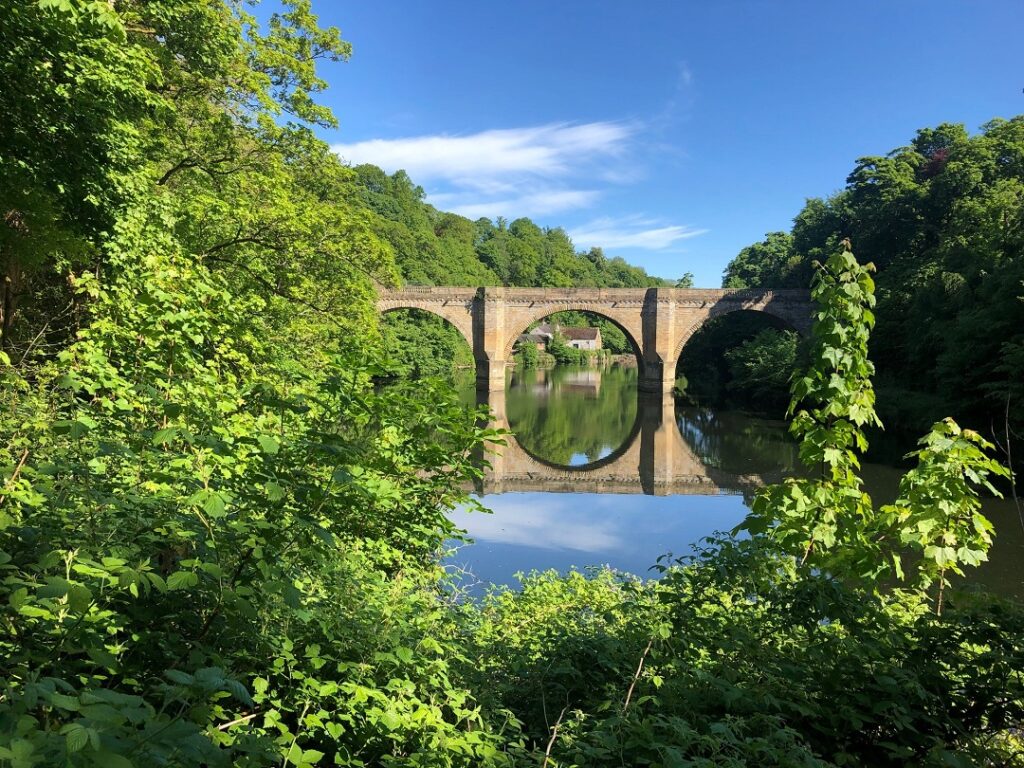
Discover more
Feeling inspired? Visit our Physics webpages to learn more about our postgraduate and undergraduate programmes.
Create your own personalised prospectus here
Follow our students on Instagram, TikTok and YouTube


